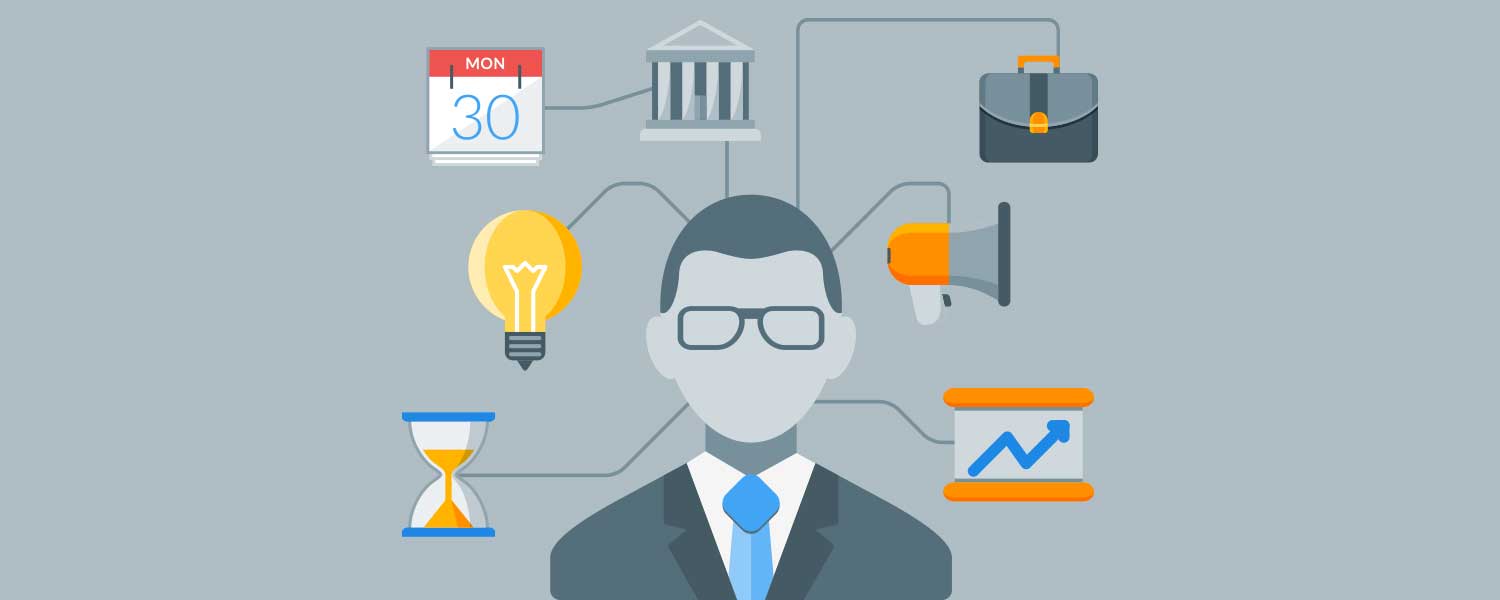
Career planning starts with a self-assessment. Once this is completed, career options should be explored. To find the most promising industries and sectors, it is important to do market research. They should then set short-term as well as long-term goals. These goals can be immediate or long-term. They should then choose the best path to achieve them. There are many important things to keep in mind during the planning phase.
Self-assessment
You can identify your strengths and interests by using a self assessment as part of your career planning. Many people end up in a job that is not right for them. It's common to find a career that interests you before you start looking for a new one. Your strengths and weaknesses can be identified using the interest assessment questions. These questions will help you to decide if an occupation is right.

Information gathering
The job seeker gathers information during the career planning process that will assist them in deciding on their career path. There are over 31,000 different career options on the federal government list. Many students do not know anything about all of them. A computer program like MyPlan, paper and pencil assessments, career publications, and other sources can help them narrow down their career choices. They might also be able to get information through others.
List of career options
The career planning process is an ongoing process that can involve analyzing your interests, values, personality, technical skills, work-life balance, and geographic preferences. After you have made a list of career options, you must rank them according to their pros and cons. You can feel frustrated and make progress. But it is important to remember that opportunities within different career paths might be very different. This is where you need to be careful.
Flexibility
Although organizations can be affected by external forces, they are often the first to establish broader norms or rules related to flexibility. Being open to change can be a powerful way for you to overcome your anxiety and build a foundation of success. Follow these tips to increase your career flexibility if you're ready to embrace changes. You'll soon realize the many benefits of flexibility and how they can positively impact your personal lives. Learn how to harness the power of change and achieve your career goals.

Goals
It's possible to be successful in your chosen field. You need to have clear goals in order to succeed. Be comprehensive in your goals and include occupational, training, and educational goals. Be sure to include any obstacles that might prevent you from reaching your goals. These obstacles could be of a financial, educational, vocational, or other nature. You may also face personal barriers such as family obligations. Make a timeline for each of your goals so you know when you can start taking action.